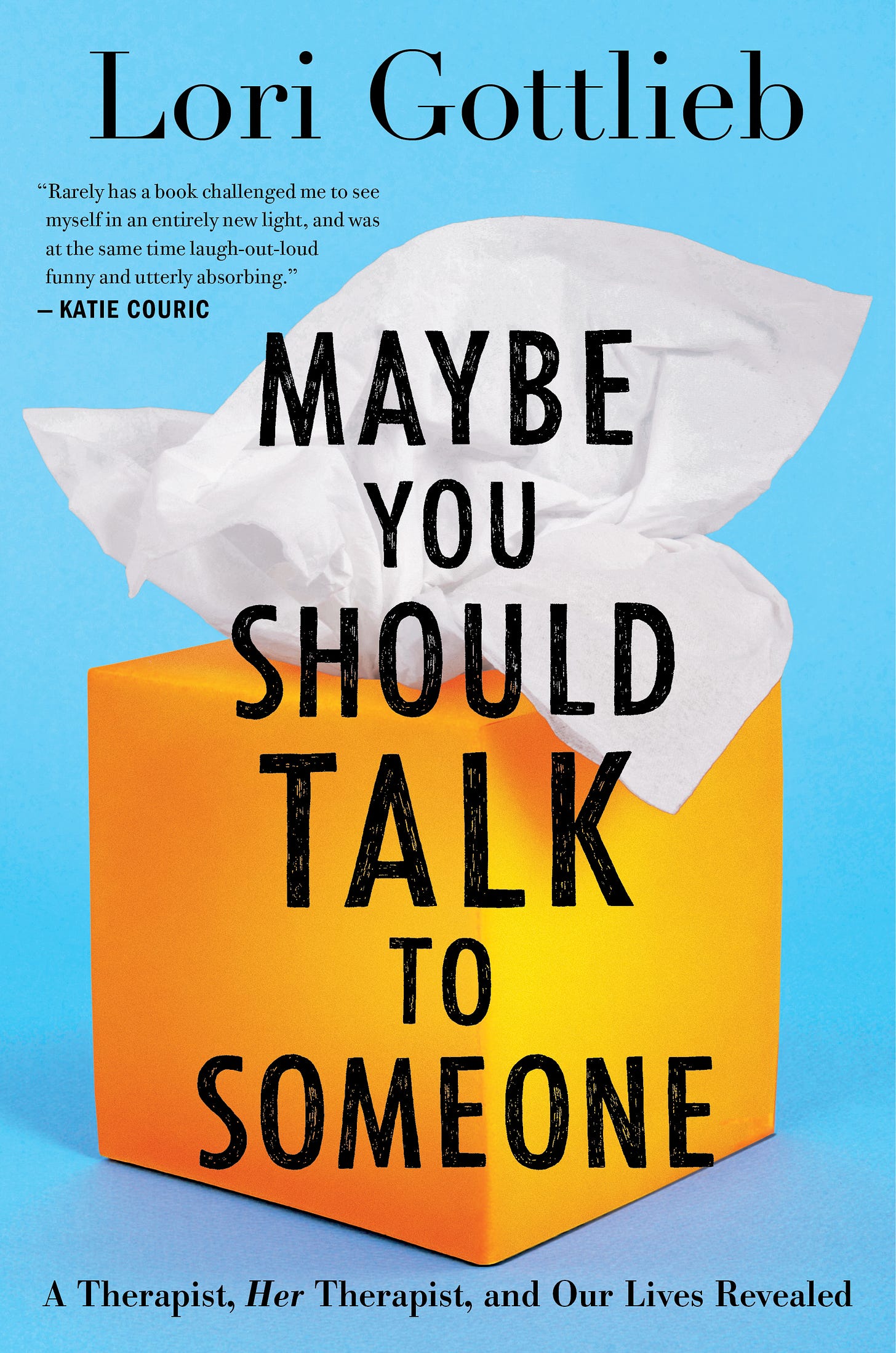Hi people,
More often than not, when I read or hear the word happiness in some podcast episode, article, or social post, resistance takes over my body. Even more so when happiness is portrayed as a means to the end of a more productive hence materially successful life. Am I alone?
I gravitate more toward concepts such as fulfillment, enjoyment, resilience, ethics, and character. Mostly because happiness as a term feels vague.
Despite my skepticism, I still catch myself spontaneously using the term: 'Are you happy with that choice? Are you happy in that relationship? Are you happy with that job? I'm happy to hear from you!'
What is it, then, about the stickiness of this word? It seems rather intriguing that we use it so ubiquitously as a life compass without fully understanding or agreeing on its meaning.
In 2022, when I was working for the IE University Center for Health, Well-Being & Happiness, hosting the Resetting Homo Sapiens Podcast, I had the chance to sit with some of these questions with Dr. Ibrahim Al-Marashi, in the context of the center’s annual happiness week.
Ibrahim is a visiting professor at IE University and an Associate Professor at the California State University of San Marcos. He holds a Ph.D. in Modern History from Oxford University on the Iraqi Invasion of Kuwait.
How does a specialist in History and Conflict Management end up on a podcast about happiness?
As a professor generously involved in student life, Ibrahim reached out to me after listening to our podcast episode with student Nata Bulleishvili, who courageously shared her experience of attending the 12-step program as an addict in recovery. If a student goes that vulnerable, then it is my duty to do the same, Ibrahim thought. So he decided to be the first professor to open the mental health dialogue in the first person.
I recall being surprised by Ibrahim's genuinity. He was not one more mentor talking about why happiness is vaguely important. Instead, he boldly unpacked the importance of embracing melancholy toward a more profound experience of well-being.
As you can listen to in the episode, Ibrahim kindly shared some of his experiences with trauma and therapy. His hope, he tells us, is to let students (and humans) know they are not alone—share tools to help us manage our inner worlds more wisely—inspire us to attend to our mental health, one of today's pandemics.
Like many of us, Ibrahim's childhood is marked by trauma with capital and lowercase t. After years of emotional repression, a therapist changed his approach to personal management by challenging him to apply his intellectual abilities to his interior life. And so, as the good academic that he is, he did.
In this context, Ibrahim recommends Maybe You Should Talk to Someone as a transformative piece of writing with plenty of insights about the power of therapy and the human condition. Lori Gottlieb, the author and main character, is a therapist who herself seeks therapy. I admit I devoured this book in the lead-up to my interview with Ibrahim. It’s both moving and hilarious.
What follows is a couple of highlights from the interview:
The (un)usefulness of happiness as a concept. Namely, how it has more to do with an overall sense of fulfillment than transitory happy feelings;
The importance of meeting one's shadow toward a more integral experience of well-being. A beautiful documentary (on Netflix) - Stutz - covers this theme, starring Jonah Hill with his therapist Phil Stutz;
The ingredients for a fulfilling life, with passion (in the classical definition of the term passio = suffering) at its epicenter. In others words, the importance of finding something to suffer for as Ibrahim found teaching;
Ibrahim's personal experience with psychotherapy;
Some resources to manage melancholy including Vitor Frank's book Man's Search For Meaning;
A few comments on why and how to find ethical motivation on a planet in crisis.
I found the last highlight particularly resonant and relevant. I asked Ibrahim whether he thinks there is space for happiness in the face of a dooming planetary future for our generation. As a History professor and earthling, Ibrahim believes that, while the state of our world is historically unprecedented and particularly depressing, if we are to find any sense of fulfillment in our lifetimes, we must try to be part of the solution to our global crisis, not because our actions will alone save the world, but because it's simply the right thing to do. He points to Don't Look Up as a movie that poignantly captures the zeitgeist of our generation.
As covered in previous newsletters, this seems like a wise call: make one of our life's purposes about doing some kind of good in the world; use our feelings of grief, despair, and rage as fuel for taking courageous action; find the balance between passionately engaging in social change while also taking time and creating space to disconnect and recharge and reset over and over again. And, like a trickster, find joy in the process, throwing martyrdom and nihilism out the window. Why? Well, what's the more fertile alternative?
Enough existential rambling for today! I'll be back next month with a new episode.
Warmly,
Carlota



